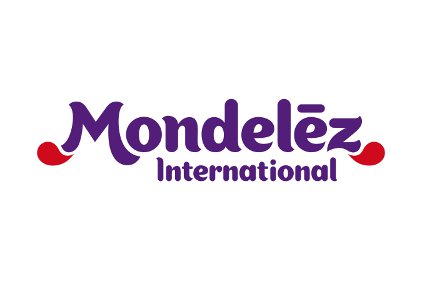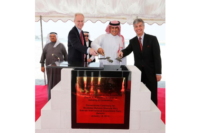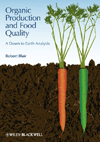Mondelez International Inc., Deerfield, IL, plans to invest $90 million in building a biscuit plant in the Kingdom of Bahrain to meet rising demand in the Middle East and Africa for its biscuits, such as Oreo, Ritz and TUC.
With full commercial production scheduled to start in early 2016, the facility will be Mondelez International’s most advanced manufacturing site in the Middle East and Africa, where demand for its biscuits has been growing at double-digit rates. In the initial two- to three-year phase, the new plant will operate four biscuit-manufacturing lines with a total capacity of nearly 90,000 tons per year. Like other Mondelez plants, the facility will be scalable.
“This investment in Bahrain is part of our ongoing supply-chain reinvention plan,” says Daniel Myers, Mondelez International executive vice president, integrated supply chain. “We’re implementing several such initiatives around the world to capitalize on growing demand, while also reducing costs and improving productivity. We're pleased with our progress in regions, such as Mexico and India, where we've already begun to invest.”
Mondelez International's supply-chain reinvention plan is expected to deliver $3 billion in gross-productivity savings, $1.5 billion in net savings and $1 billion in incremental cash over the next three years. These savings will be a primary driver of significant improvements in the company's base operating-income margin in the near term.
The new plant will create as many as 300 direct jobs by the end of the initial phase and, through a multiplier effect, help sustain more than 1,000 more jobs in the local economy. Aimed at meeting demand in the Middle East and Africa for next 20 years, the facility has the potential to generate several hundred more direct jobs and sustain thousands of indirect jobs depending on future investment-decisions.
This is Mondelez International's second major investment in Bahrain. The company invested more than $75 million in developing a Kraft Cheese and Tang powdered-beverage plant in Bahrain, which has been operational since 2008. With a production capacity of 110,000 tons per year, the existing facility employs more than 240 people and has injected more than $250 million in the local economy since construction. .









